We chat with accomplished actress Olivia Hussey about her impressive career, from Shakespeare to religious icons to beloved horror classics — and beyond.
In 1968, Olivia Hussey became one of the most famous faces in the world, immortalized as the definitive Juliet in Franco Zeffirelli’s Romeo & Juliet. After her Golden Globe-winning performance, the beauty went on to have an impressive career. Her iconic and critically acclaimed roles included the Virgin Mary in Jesus of Nazareth and the title role in Mother Teresa of Calcutta.
However, unlike many successful actors landing prestigious roles, Hussey never shied away from horror. And she is perhaps best known to horror fans as Jess Bradford in the cult slasher film Black Christmas. Horror fans may also recognize her as Norma Bates in Psycho IV: The Beginning, as well as her work in films such as Virus (1980), Turkey Shoot (1982), and Stephen King’s IT (1990).
I had the tremendous opportunity to chat with Olivia about her remarkable career, her work in the genre with legendary directors such as Mick Garris and Bob Clark, and her work as a voice actress.
INTERVIEW WITH OLIVIA HUSSEY
Billy Stamper: Good afternoon, Olivia. Thank you for taking the time to chat with me. It’s an honor. I want to start with your Golden Globe-winning performance as Juliet. You were selected for the role out of 5o0 actresses. Can you share your experiences working under Franco Zeffirelli’s wing?
Olivia Hussey: Actually, it was 800 actresses in London alone. Zeffirelli had also seen people here in America. He had his eyes open. But he said when I walked in, “That’s my Juliet, now let’s see if she can act.”
BS: That’s amazing! I must say how I loved your performance in Romeo and Juliet. I’ve seen that film many times, and it’s very beautiful.
OH: Zeffirelli was an amazing man to work with. He had the brilliance of casting actors that were exactly right for their role. He really didn’t direct them that much. He knew what he wanted when he saw them. He would put you on the set and say, “Tell me where you plan to be a certain line. Here’s your space to work in. Let me just work through that, and then do your thing.” And if he thought it needed more of something, he would quietly pull you aside. Just saying, “Here you might want to get a little more emotional.”
He was a wonderful director who hired the right people and let them do their thing. Most directors, I think over the years — ones that I’ve worked with after Zeffirelli — just wanted to prove they were directors. I think a really good director hires the best people in all areas. To me, that is what makes a good director.
BS: You’ve done so many fascinating and inspiring roles, such as Mother Teresa, The Virgin Mary, Juliet, and my personal favorite, Norma Bates. Which was the most challenging and which was the most rewarding?
OH: I think all in different ways. Juliet was an amazing role. It was Shakespeare, and it doesn’t get better than that. Working with Franco was an amazing and life changing experience for Leonard and for myself. I’m still friends with Franco to this day. He called me after all those years since Romeo and Juliet and said, “Darling how would you like to be a virgin again?” He was calling from Italy. I laughed and said, “What are you saying?” He wanted me to play the Virgin Mary, which was a joy. I would do anything for him.
At this point, I don’t work a lot now. I work once in a while if I really want to. However, if Franco had suddenly called me tomorrow and said, “I want you to play this old lady out in the middle of nowhere,” I’d do that without even reading a script.
BS: That’s wonderful to have gained a friendship like that.
OH: That’s how much I care for him. After playing the Virgin Mary, I did a lot of interviews because it was very well received. People kept asking me, “Well, after playing Juliet and the Virgin Mary, what could you possibly want to play next”? And I’d look at them I’d say, “Mother Teresa of Calcutta, because I read about her and she puts her words into actions. She helps the poorest of the poor. There’s something about her that’s so inspiring.” People would be surprised and say, “Well, you don’t really look like her.” But it’s not just the look, it’s the feel of somebody that’s important.
When I read that Gary Oldman was going to play Winston Churchill in The Darkest Hour, I knew that even though he doesn’t physically resemble Winston Churchill at all, he would do an amazing job.
I wanted to play Mother Teresa of Calcutta, and somebody had almost put the project together over the years. It was going to be a French, Canadian, Italian collaboration. And the whole thing had fallen apart. However, Mother Teresa had approved me to play her. This was a long long time ago. When the whole thing fell apart, I thought, “Well, it may not be the right time.” But I just held on for 20 years. I always had it in the back of my mind that one day I’d love to play that great lady.
So out of the blue came this offer from Italy with the name Mother Teresa of Calcutta.It took 20 years, but I got my wish. Mother Teresa of Calcutta was a very satisfying role for me to play. After I finished doing it, they had a screening for the missionaries of charity, and they all endorsed me and approved me. They said to me, “I felt like I was watching Mother.” I became friendly with Mother Teresa’s only living relative. Her name is Agi Bojaxhiu, and that was Mother Teresa’s real name. So Agi and I became friendly. She told me, ” I feel like I was watching my Auntie. It was amazing the body language, the feeling of it.” It was the greatest compliment.
For years, whenever I saw Zeffirelli, I’d say, “Franco, please do the life of Mother Teresa of Calcutta. I want to play her.” He’d say, “Oh darling, you’re too beautiful. And who wants to go to India? It is so hot there.” We shot most of Mother Teresa of Calcutta in Sri Lanka. Some of the scenes were shot in Rome because of the Vatican and some of the locations. So we went to Rome for 3 or 4 weeks, and I got to see to Franco again. He had seen in the newspapers a number of stories and the write ups on Mother Teresa. I could tell that he was sorry he hadn’t done it. I said, “You see, I asked you to do this years ago.”
It was a very very difficult shoot, because Sri Lanka was very, very hot. I got sick from the moment I got there. I had antibiotics for the whole shoot really. It was a chest infection, ear infection, and throat infection. Oh, my goodness, because of the humidity and the heat. We shot 6 days a week, and basically I was in every scene. I couldn’t take a break when I was sick.
So I closed my eyes and thought, “Well, Mother Teresa got malaria when she first went out on the streets alone. She didn’t have nurses or doctors taking care of her or people getting her water when she needed it, like I did on set.” And I thought, well if she can do that, I can certainly make a film. So I got up and went to work every day no matter how sick I was. I didn’t take one day off. That’s how much I loved that experience.
BS: You waited 20 years for the role of playing Mother Teresa. I can understand your inspiration as well as motivation.
OH: It was. I got to finally meet Pope John Paul, who I thought was a wonderful pope. It was a wonderful experience. But he was very very ill by the time I met him. But you know, years ago, I did a film called the The Jeweller’s Shop with Burt Lancaster and Ben Cross, a really fine English actor. We shot that, and it was taken from a book of the same name written by Karol Wojtyla, the pope who later became Pope John Paul.
It was shot in Poland, and there was a representative from the Vatican there all the time on the set. We became really good friends. He was an archbishop, a priest that lived in Poland. That was Pope John Paul’s dearest friend when he lived in Poland. We use to laugh. It was another great experience. When Pope John Paul had screened the film at the Vatican for 6000 priests and nuns, they had called me and asked if I could fly there in 2 days for the screening to meet Pope John Paul.
My boys were in school, and I couldn’t make arrangements in that time. They gave me 48 hours notice. I told them, “Sorry, my children come first. I really can’t go to Rome right now.” Then somebody told me when Pope John Paul came into the room to say hello to the producers and everybody. He said, “Where’s the rest of the cast?” And somebody had said, “Oh, she couldn’t come.” The great compliment to me I thought. And then I got to meet him just before he passed away.
BS: It was fate that you two had the chance to meet. It’s wonderful hearing about all of your life changing events. You’ve always been an inspiring actress who has done so many wonderful roles. What was like playing Norma Bates in Psycho IV: The Beginning?
OH: Well, I’m still in touch with Henry Thomas and Mick Garris the director, who is one of the sweetest nicest human beings on earth. Out of all the directors I’ve worked with over the many years, I’d have to say Mick Garris is probably the sweetest director I have ever worked with.
We actually didn’t shoot in the Bates house. You could see the Bates house in the background, which is the one that they have at Universal Studios Florida. The house was built on a set, a soundstage. Anthony Perkins came in to say hello to me on my first day of makeup trials. He asked, “How are you going to play her?” I said, “I think my feeling is completely bi-polar, schizophrenic.”
I think Bates is an English name, and I decided I didn’t want to do the American accent. I just thought she’d be lovely and enchanting. Because schizophrenic people can be very charming. I know a few of them. They can bring you into their world. They can be mesmerizing, but then they can turn at the drop of a dime and pull a knife out on you. I wanted to play Norma Bates like that, in an edgy way.
BS: I love that you say that, and that’s how I felt she was portrayed. You did a wonderful job playing her. She was mesmerizing, charming, and beautiful — but then she turns on you.
OH: Yes, I was a horrible mother in that film. But I must say that, in real life, I’m a really good Mom. My 3 kids, we have great relationships. My kids are very very well adjusted — no drug abuse or anything like that. They are just good people, and that’s because I think they got a lot of attention growing up. So when we had the scenes, especially the rolling scene on the floor with Henry and I (Henry was so young at the time, and he is such a good actor), after every take I would have to say, “Henry, you know I’m really not like this. I’m a nice mom.” And we’re still friends today. It was a very very fun shoot. I had a lot of fun.
BS: You had Psycho IV and IT all in the same timeframe. That must have been an experience.
OH: For some reason, IT was not a very good experience for me. I shot Psycho IV in Florida, where I was treated very well and everybody was so kind. Mick was a pleasure to work with. I shot 2 to 3 weeks there, and then I flew immediately to Vancouver to shoot on IT. That was a very cold set, and I didn’t enjoy it at all. Tim Curry was a doll. He was very sweet, and all the actors were lovely.
But, for some reason, the production company didn’t treat me well. There is this hotel in Vancouver called the Sutton Place where the production company always puts all the actors. Everyone in the cast was staying there. I flew there on my own because my boyfriend at the time, who now is my husband, was doing a tour in Europe with his band. So I flew there by myself, which I never normally do. I always take someone with me. I don’t like eating at restaurants and such alone, so on location I always took someone.
When I arrived, they had put me in some awful little hotel in Vancouver, nowhere near the Sutton Place. In fact, when I arrived there, I thought it was very depressing. There was nobody there I could talk with. The first person to come visit me at my hotel banging on my door was John Ritter. He said, “Wow, what the hell are you doing over here? Why didn’t they put you at the Sutton place?” I said, “I have no idea, John. This is so depressing.”
My husband David had finished touring and flew to Vancouver to come see me for 2 or 3 days. He didn’t leave me. He just said, “No, no, I don’t like the way they’re treating you.” He came with me on the sets and never left. That’s when I knew he was a keeper. So it was really strange because I was shooting Psycho and having a wonderful time. Then I’d fly back to Vancouver for IT, and I didn’t like that experience at all.
BS: It had to of been scary working with an evil clown played by Tim Curry, though.
OH: No, not really. It was Tim, and Tim is so professional and so incredible. No, it wasn’t really (laughs). I think the production company just didn’t make me feel welcomed at all.
BS: Shame on them for making you feel unwelcome. You’re one of the most magnificent actresses. I grew up watching your films.
OH: Honestly, I’m very very easy to work with. Because I love actors, and I always think of the good of the project. I never worry about if I have enough dialogue or make it all about me like some actors do. Even at my most popular, I’ve always been very giving to younger actors. Because they’re going to grow up and become older actors, so it’s all good. You should always think about what’s good for the project more than what’s good for you if you’re a devoted actor I think.
BS: As a horror fan, I have to ask you what was it like filming Black Christmas with director Bob Clark.
OH: Bob Clark I thought was a brilliant director. He was absolutely wonderful. He made that little tiny house in Toronto look huge. I thought it was the first flashy film of its time. Every year in LA, they have a screening of Black Christmas and other horror films. Every year, Black Christmas is one of the films shown. People go and pay to come sit in the old fashioned theater and watch the film. And every year, Bob Clark would call me and say, “Olivia, are you going to come and say Hello to the audience before the film?” And every year, I would say, “Bob, I’m shy. I don’t want to commit to anything too public.”
So this one year, I don’t remember which year it was, but it was the year before he passed away. This one year, he sent me a message that said, “I’d really love it if you can come.” And for some reason, I said, “You know what, I’ll come and say hello.” I asked if John Saxton was going to be there and Bob said yes. I said, “Okay what do we do?” He said, “You just come up near the stage before they screen the film and say hello to the audience.” So I said, “Okay, Bob, I will do it.”
He was so excited. So I got to see Bob and give him a big hug. He was so thrilled that I did that for him. A couple of months later Bob and his son had been driving on the Pacific Coast Highway and were in a head-on collision. Both died instantly. Isn’t that something?
BS: That’s a terrible way to pass. I never knew that.
OH: It’s not so much a horror thing. But it was the timing. It’s just funny that every year I’d say no. Then that one year, I said, “Yes, why not? I’ll do that for you, Bob.” Within 2 or 3 months, he was gone. And I was so glad I got to do something nice for him.
BS: It made Bob happy. And I believe everything happens for a reason.
OH: Again, it also taught me that you have to appreciate every moment. Because Bob was in good health. He had his young son with him. And within 4 minutes, both their lives were gone. So you really never know how long you’ve got. You have to enjoy every moment really. You have to live in the now, which is hard I know. It’s easier said than done. But that’s really all we have, isn’t it?
BS: Exactly. You have to live as happy and positive as you can, even in the hardest times of life.
OH: Yes. Yesterday is over and done, so don’t worry about it. And tomorrow hasn’t come yet, so don’t think about it. What we got is right now really. You always have a choice. You can be bad or you can be good. You can be kind or you can be cruel You can be positive or you can be negative.
BS: Living life in the most positive way was how I was raised by my parents. Now switching gears a bit, you’ve had a great career doing voices for animated features. Can we talk about how that compares to acting in front of the camera?
OH: Yes, over the years I have done quite a few. It’s completely different. I wouldn’t say I’m really a great voiceover actor. Because there are some who do voiceover work that is just completely amazing. Some use different accents and tones. I mean, it’s incredible. You know, people like Hank Azaria who does so many voices on “The Simpsons”. And he’s great in one of my all time favorite movies The Birdcage. I’d say he is a great voiceover talent, as well as a great actor.
The people who hired me to do voiceover work hired me because they like the tone in my voice. I love doing it. I’ve always been very very good at dubbing — you know, the looping when you finish the film and you have to go over and put your voice back on because of all the noise. I was really good at that. I learned from the best. I learned from Zeffirelli because most of Romeo & Juliet was dubbed.
When we shot on the balcony, we could hear the traffic behind the wall. We had to go back into the studio and literally had to dub the entire film. I thought I was doing badly at it. I would change interpretations, and Franco would say, “Let’s do it a different way.” We took months and months to dub Romeo & Juliet.
So when that was finished, I thought I was a terrible at dubbing because Franco would get so upset. Then in the next film I did, they said, “I’m sorry, we’ve got to dub the front end of the film.” I said, “Oh, that’s okay. I’m not any good at it, but don’t worry.”
They gave me a whole day to do it, and I literally went into this next film All the Right Noises. I went in there and dubbed my entire role in 2 hours. They couldn’t believe it. They said, “You said you weren’t very good at it.” And I said, “I thought I wasn’t.” Because Franco had been so demanding that, after working with him, everything was easy.
It was funny because I had said I’m not good at dubbing. And they said, “Are you kidding? You dubbed the entire film in 2 hours. That’s just unbelievable.” It’s funny, too, because my daughter India is exactly the same. Talk about looking at a mini me. But she is still her own person.
BS: Besides your film career, is there anything else you’ve been working on that you’re passionate about?
OH: Yes! My oldest son Alex Martin, who is Dean Martin’s grandson, recently finished writing my biography called “The Girl on the Balcony”. We worked very hard from my notes and my memories, and I’m so proud of him for doing it.
BS: That’s lovely! Your career has been amazing. You are a wonderful person with a positive mind. That must of been good memories to have known Dean Martin. He was an incredible singer.
OH: He was a lovely man, a lovely singer, and everybody loved him cause he was just a cool human being. I still talk to my mother-in-law, Jeanne Martin. I love her. I love all the Martins.
BS: Thank you so much for chatting with me. I just have one final question. You’ve had an incredible career, and you’re a wonderful actress. You’ve had some extraordinary roles. And I love that you aren’t opposed to doing horror. You’ve been in quite a few horror films, and you’re excellent in them. Do you consider yourself a big fan of horror?
OH: I love doing horror films. But, to be honest, I can’t watch them myself. I get too scared!


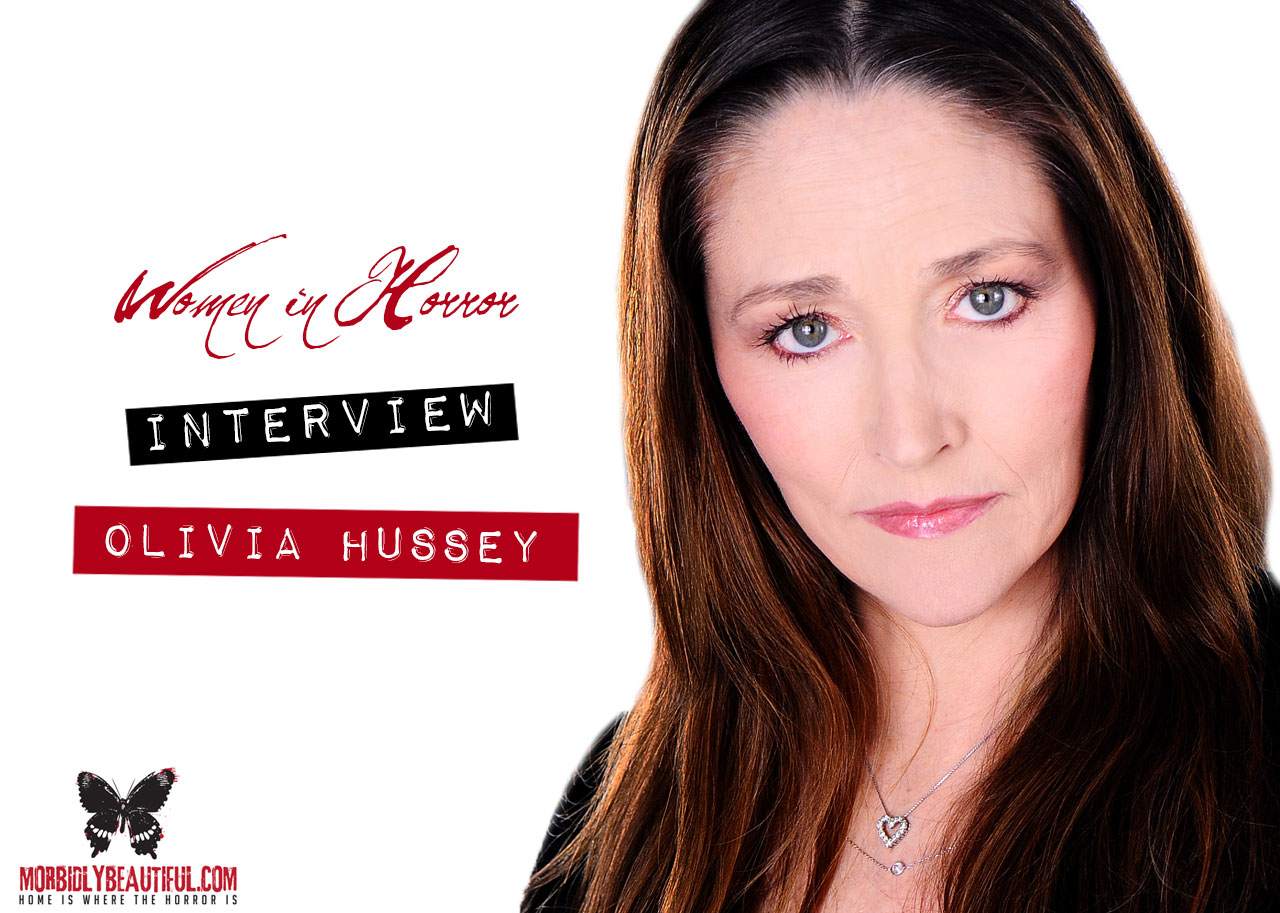
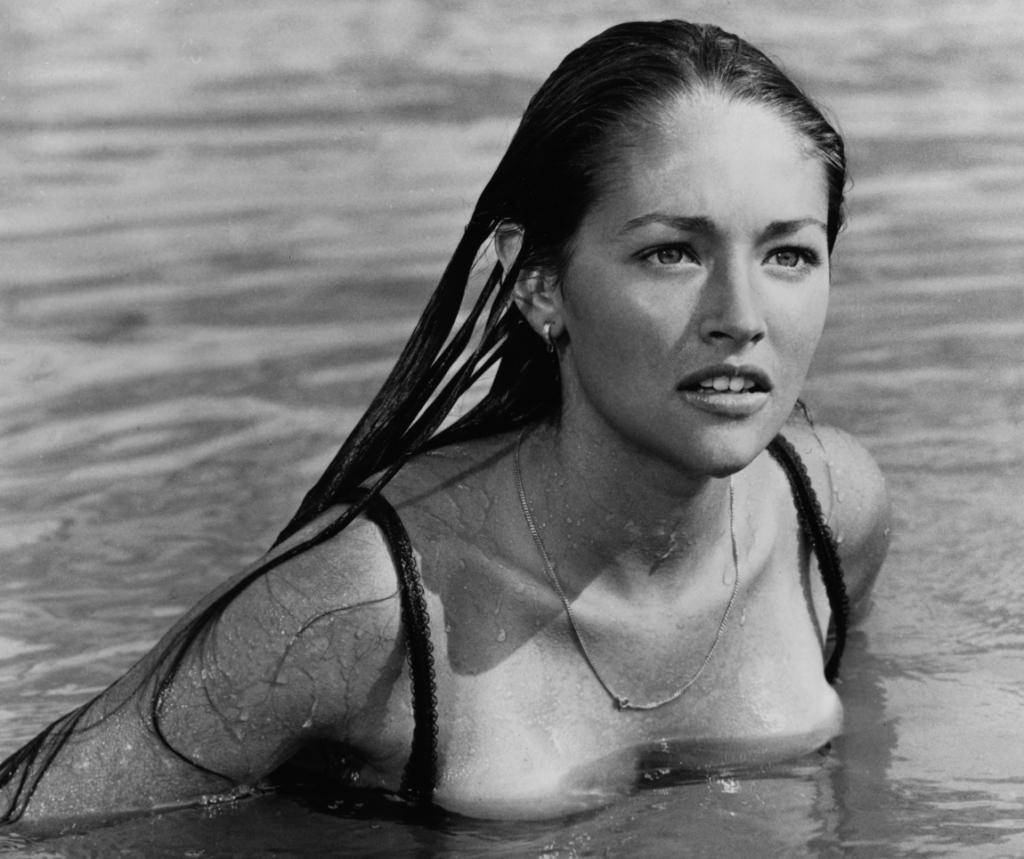
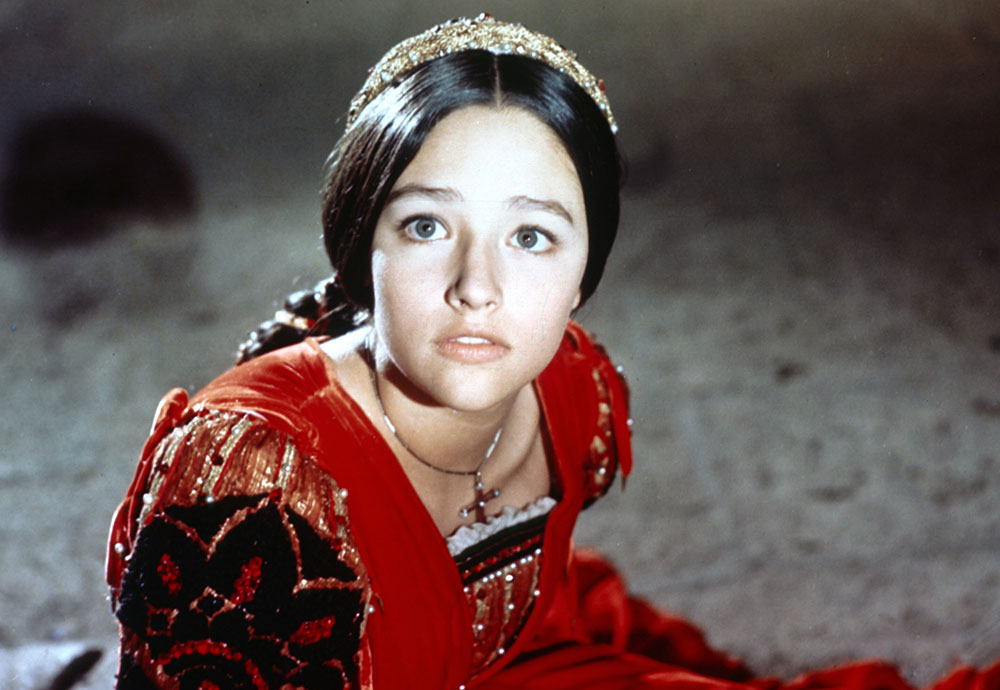
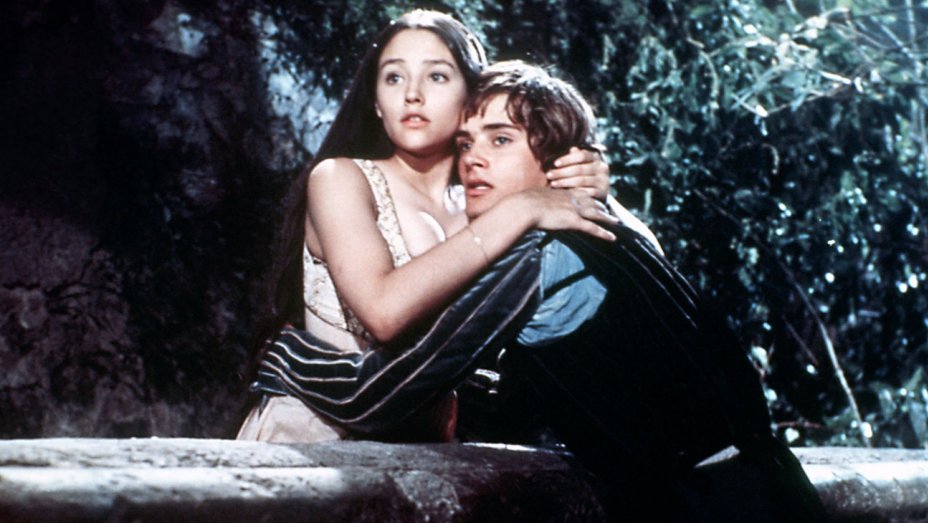
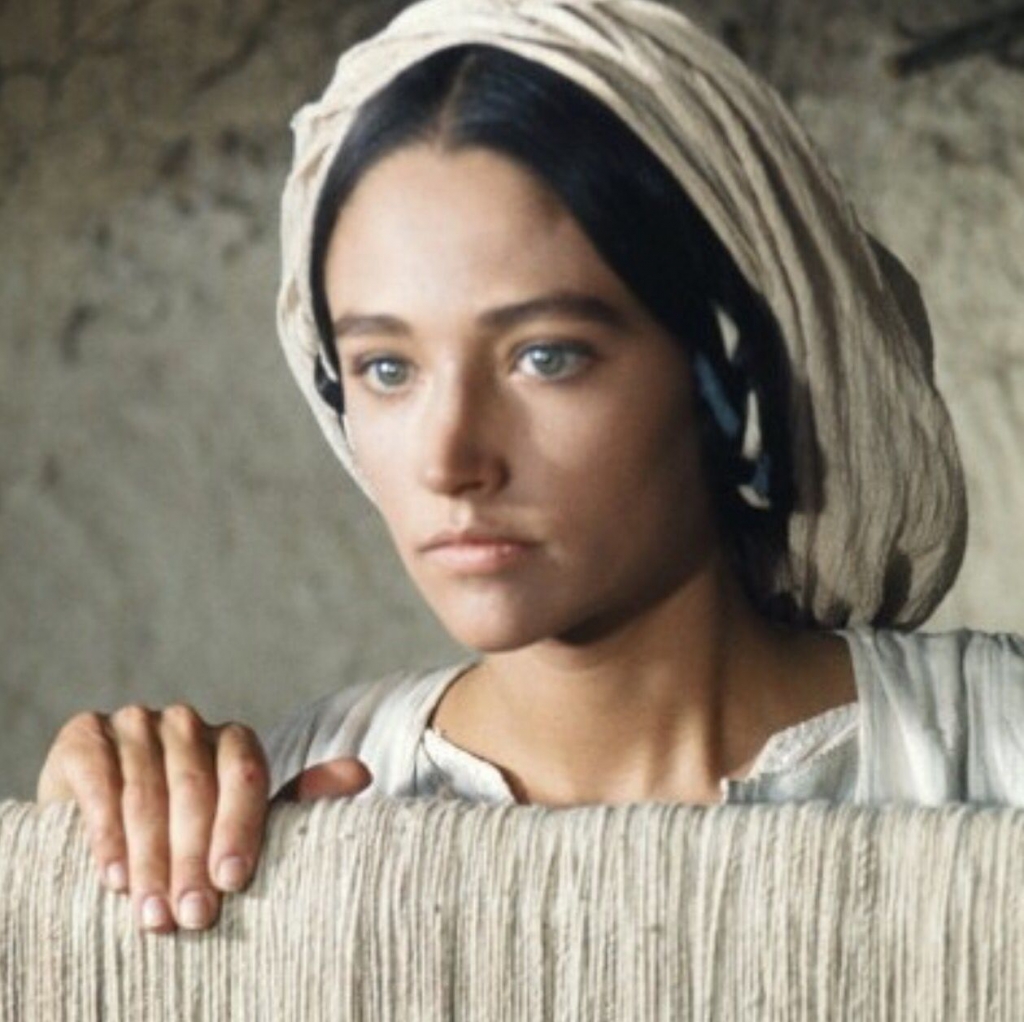

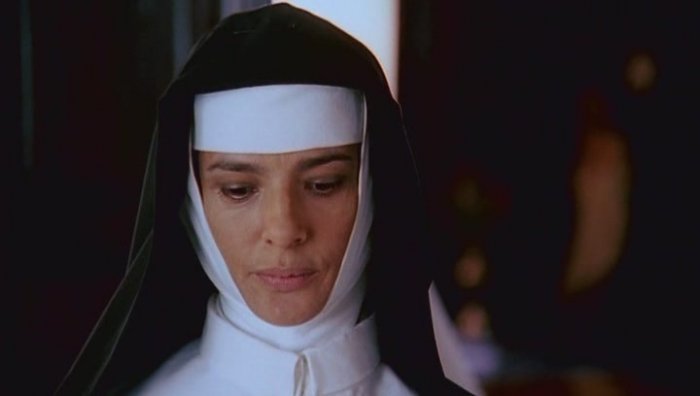

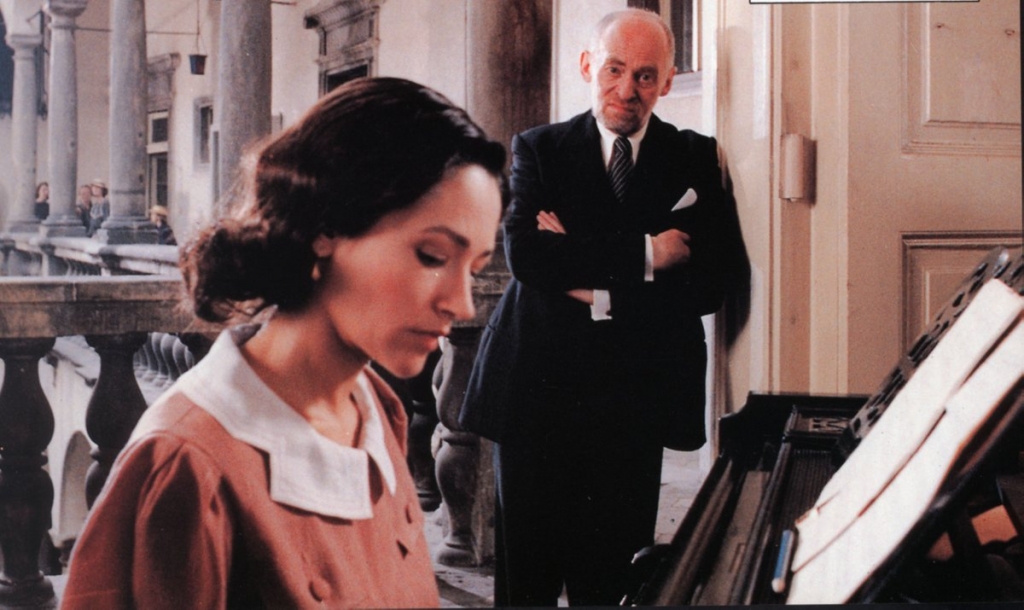
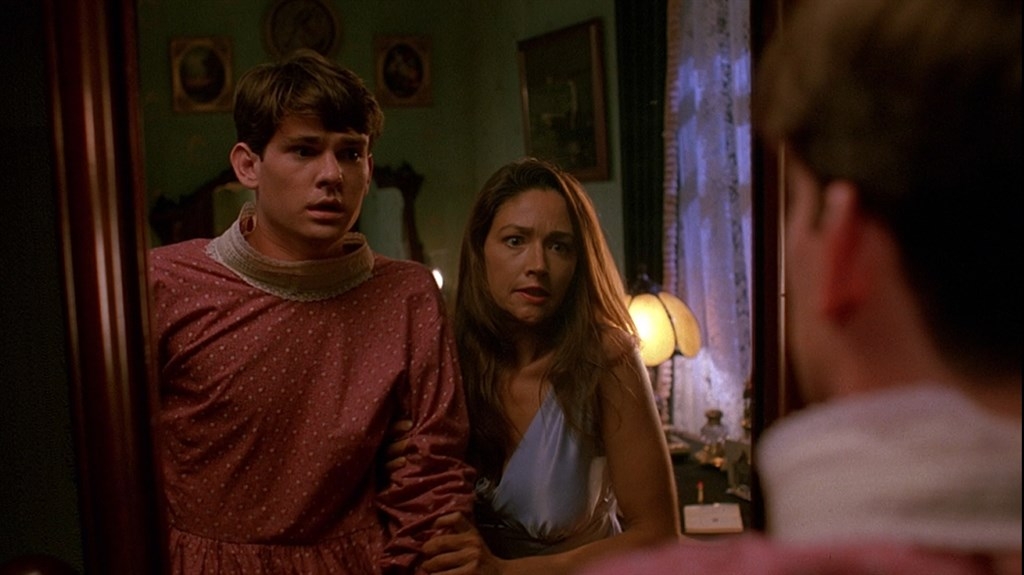

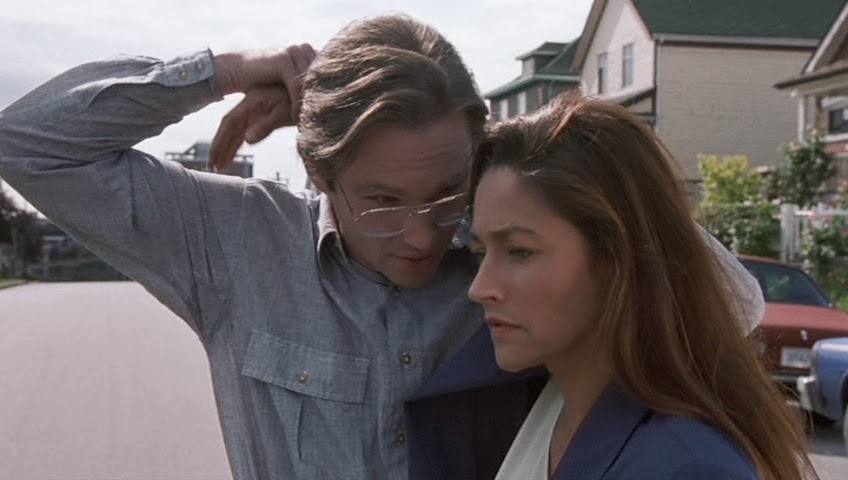
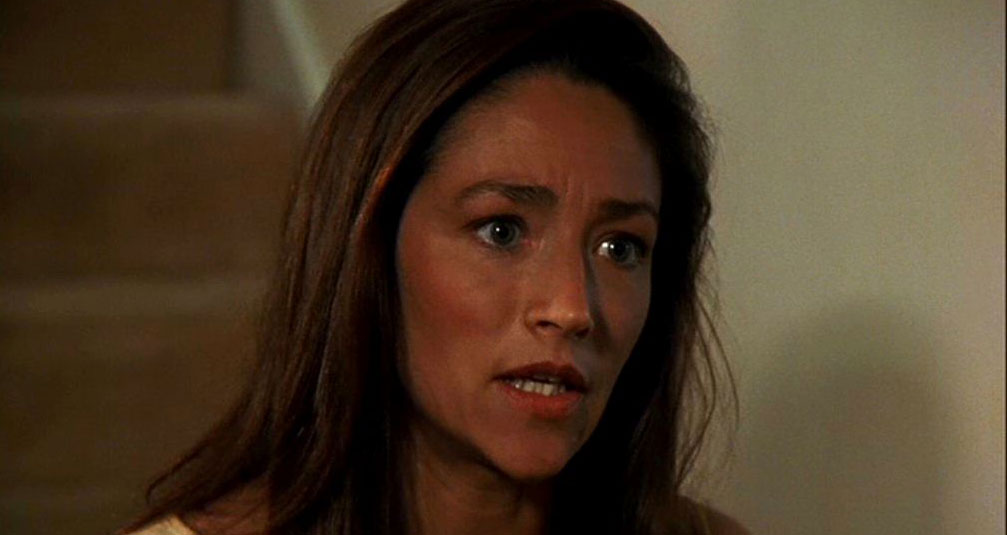
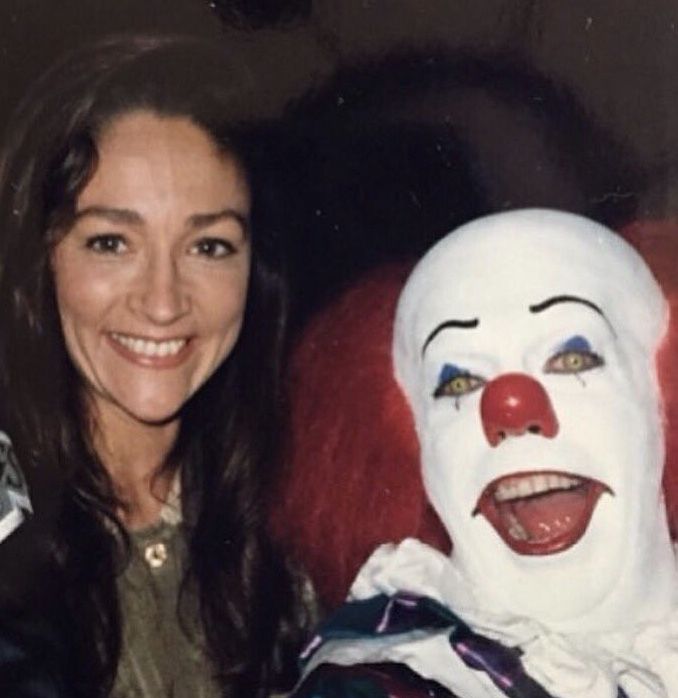
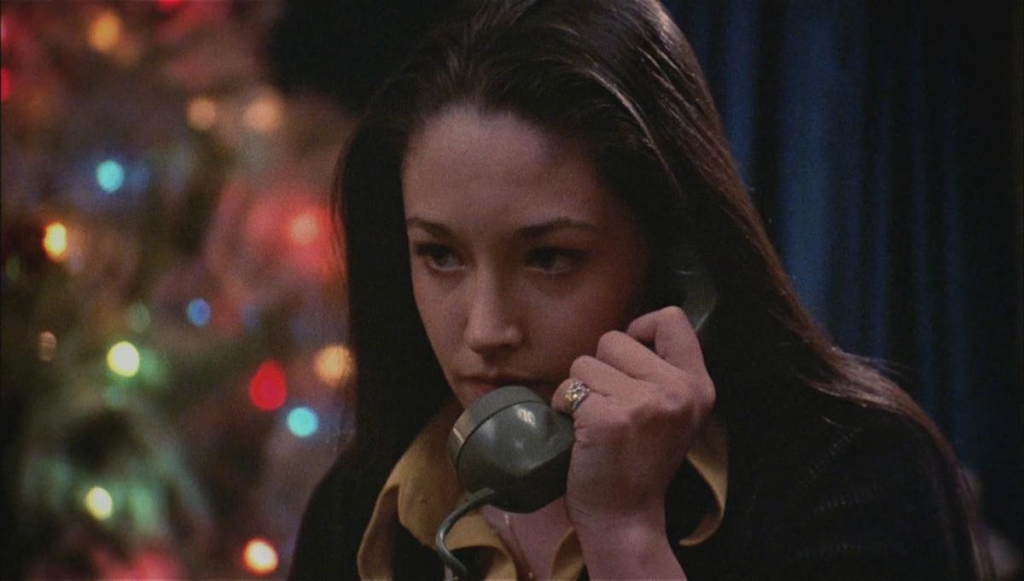
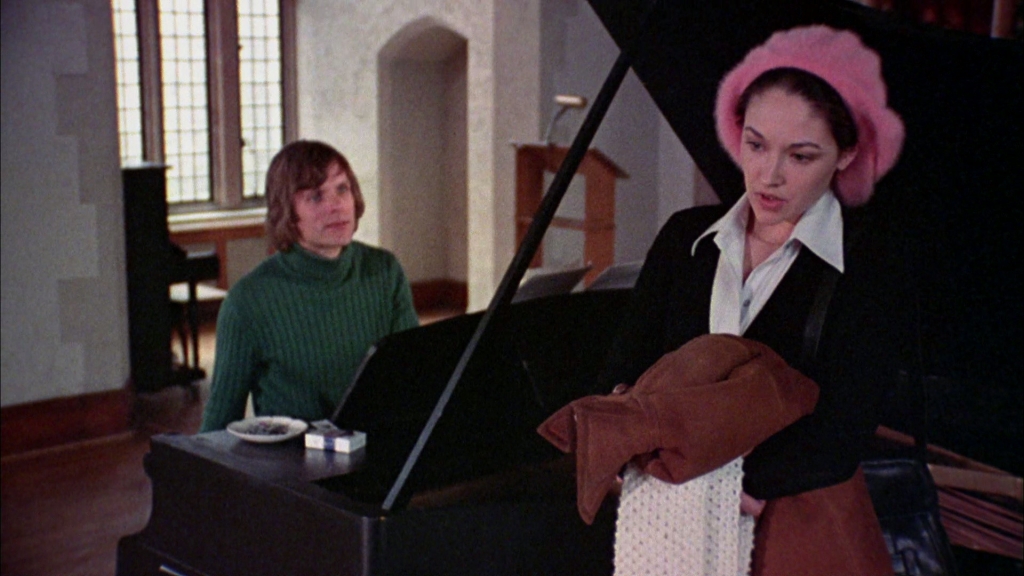
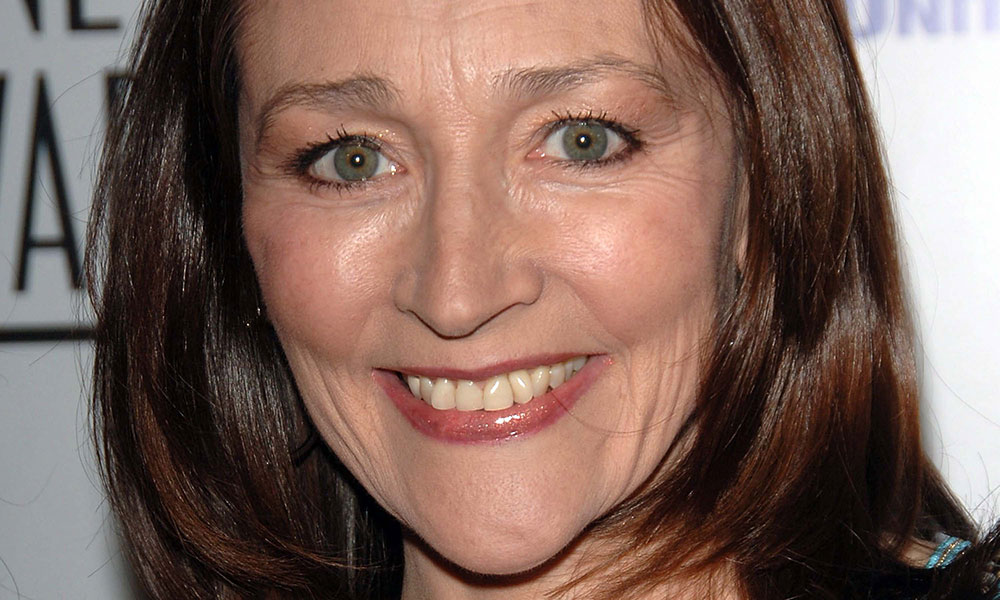
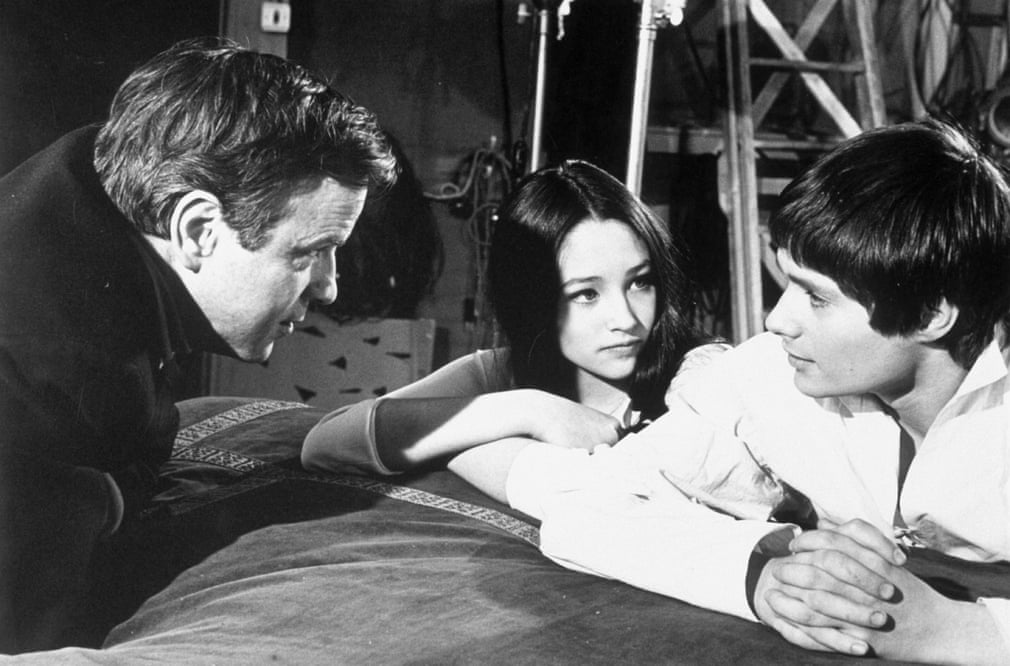
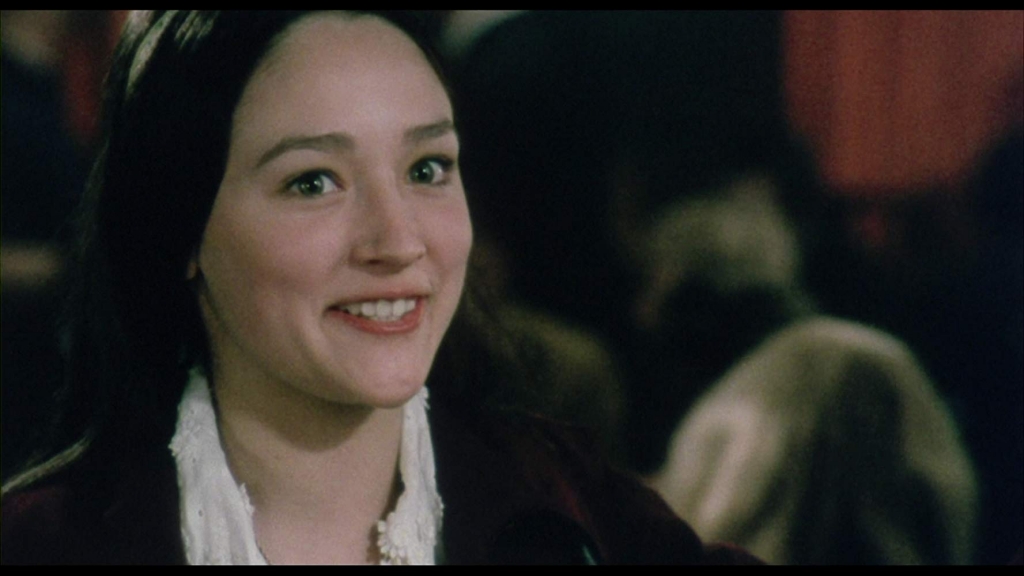


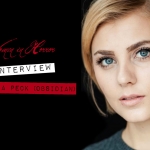
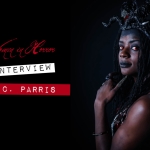
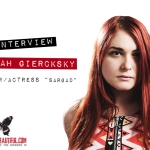
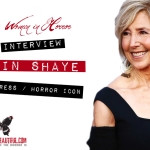



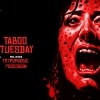

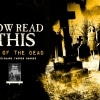

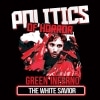




1 Comment
1 Record
Jose Claudio Soleo wrote: